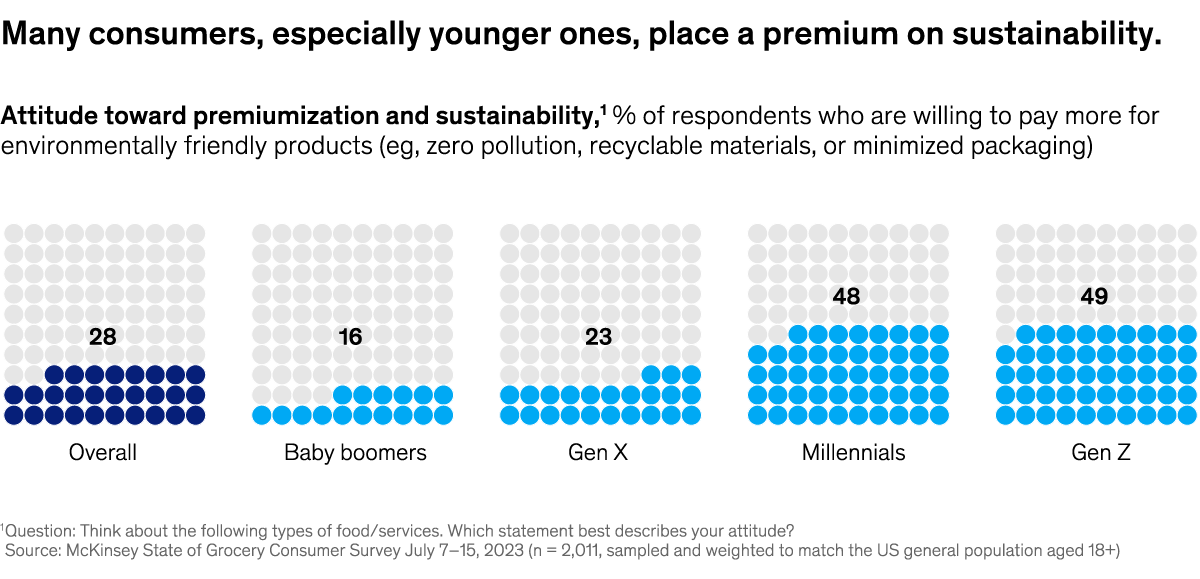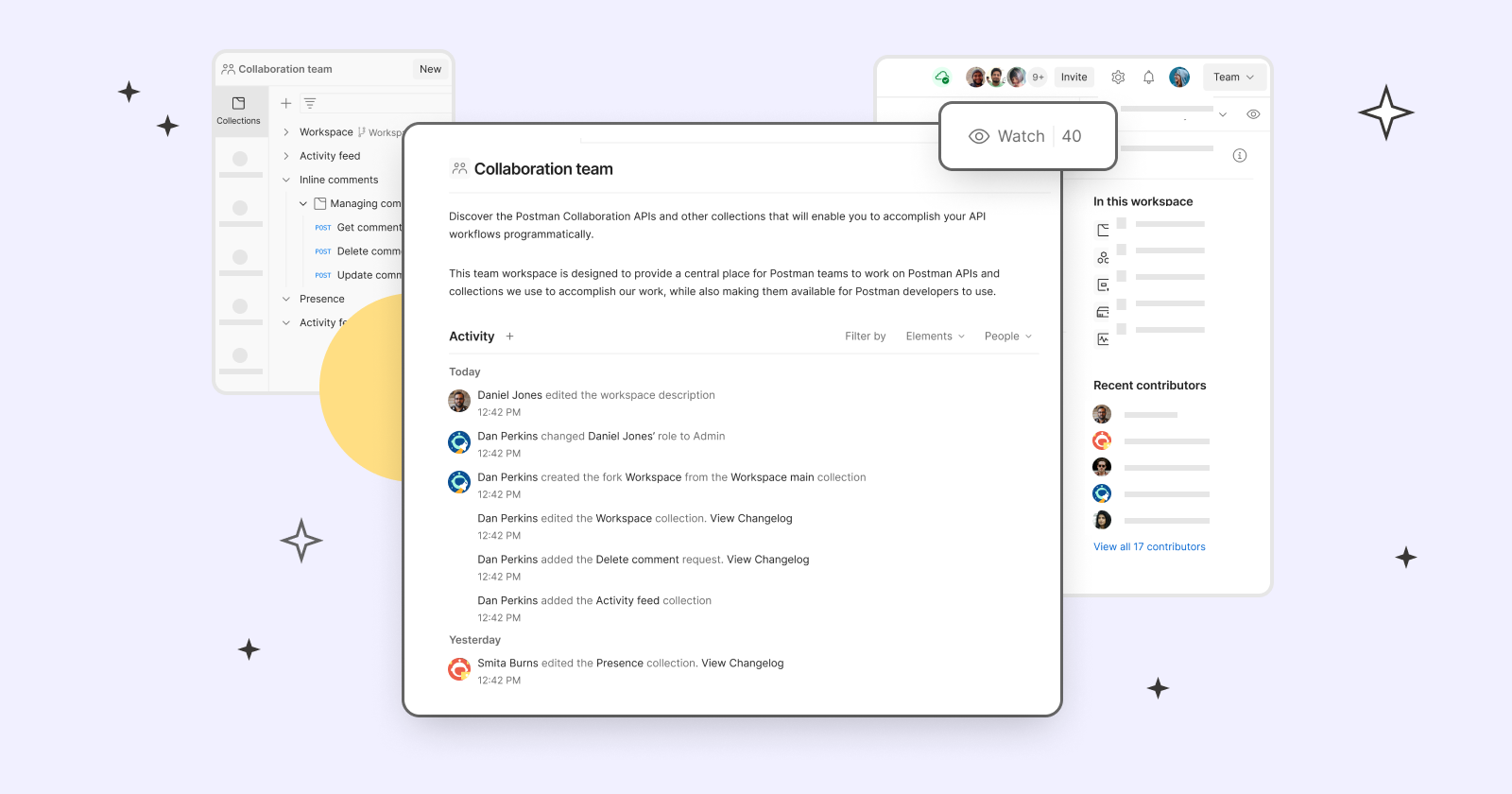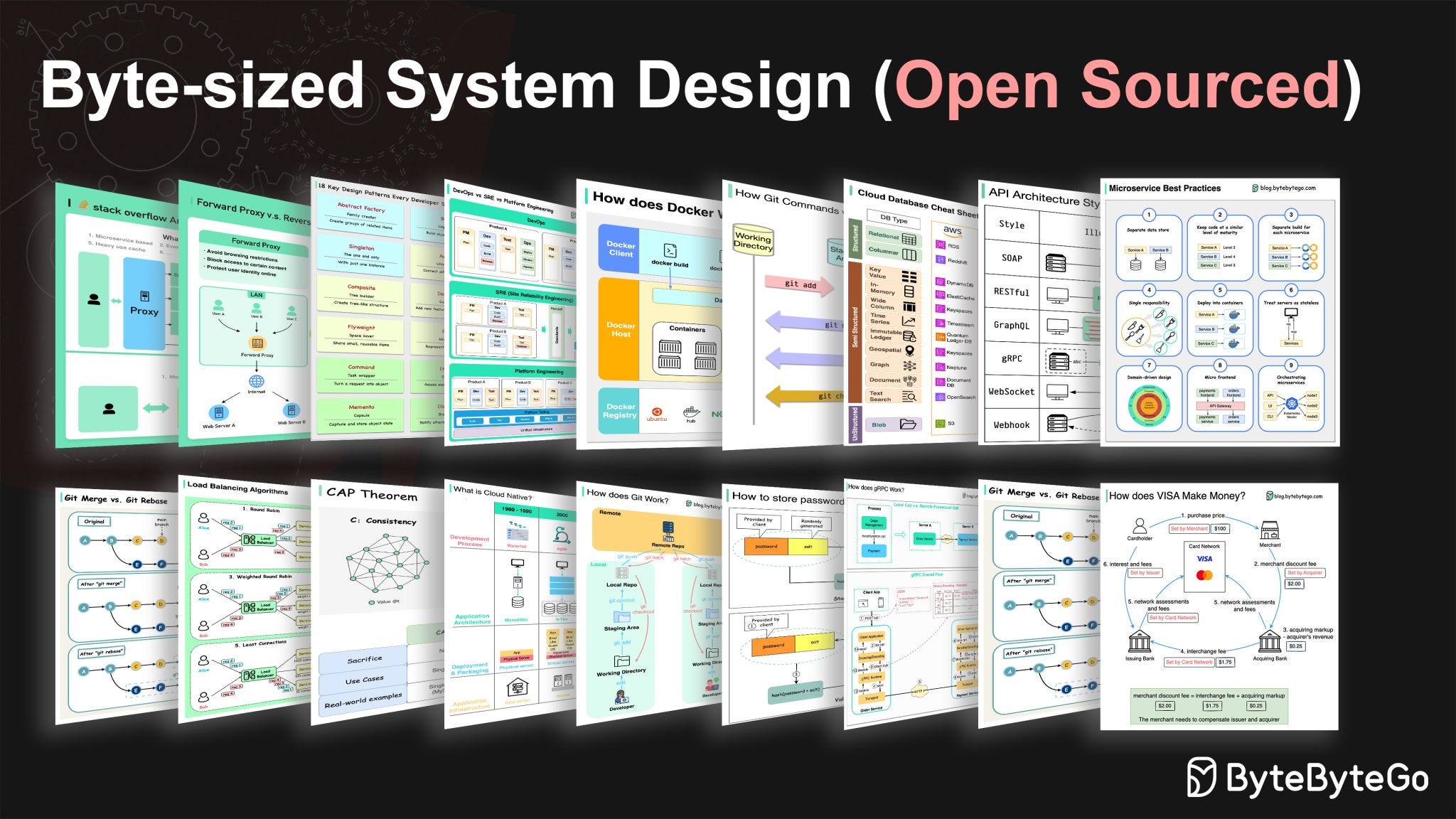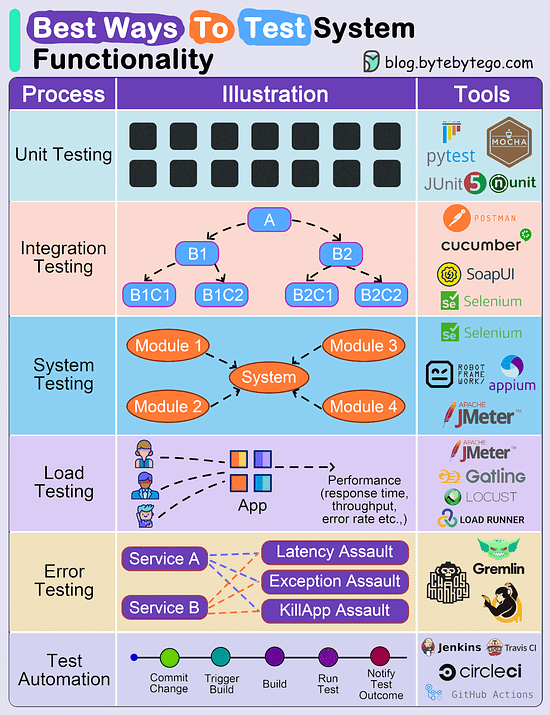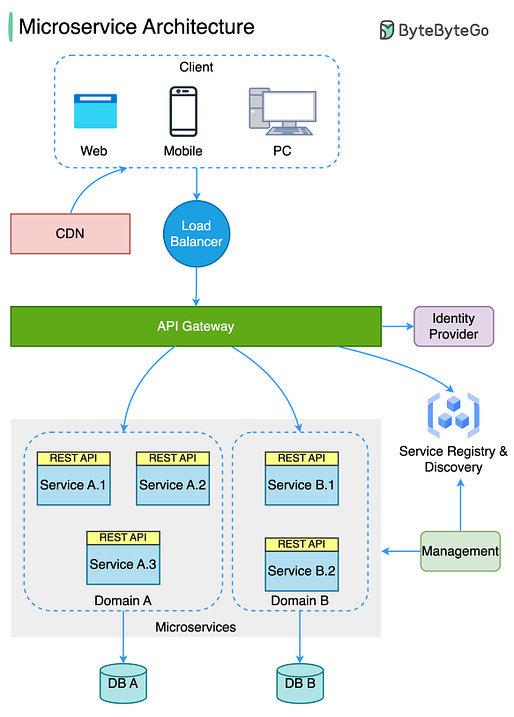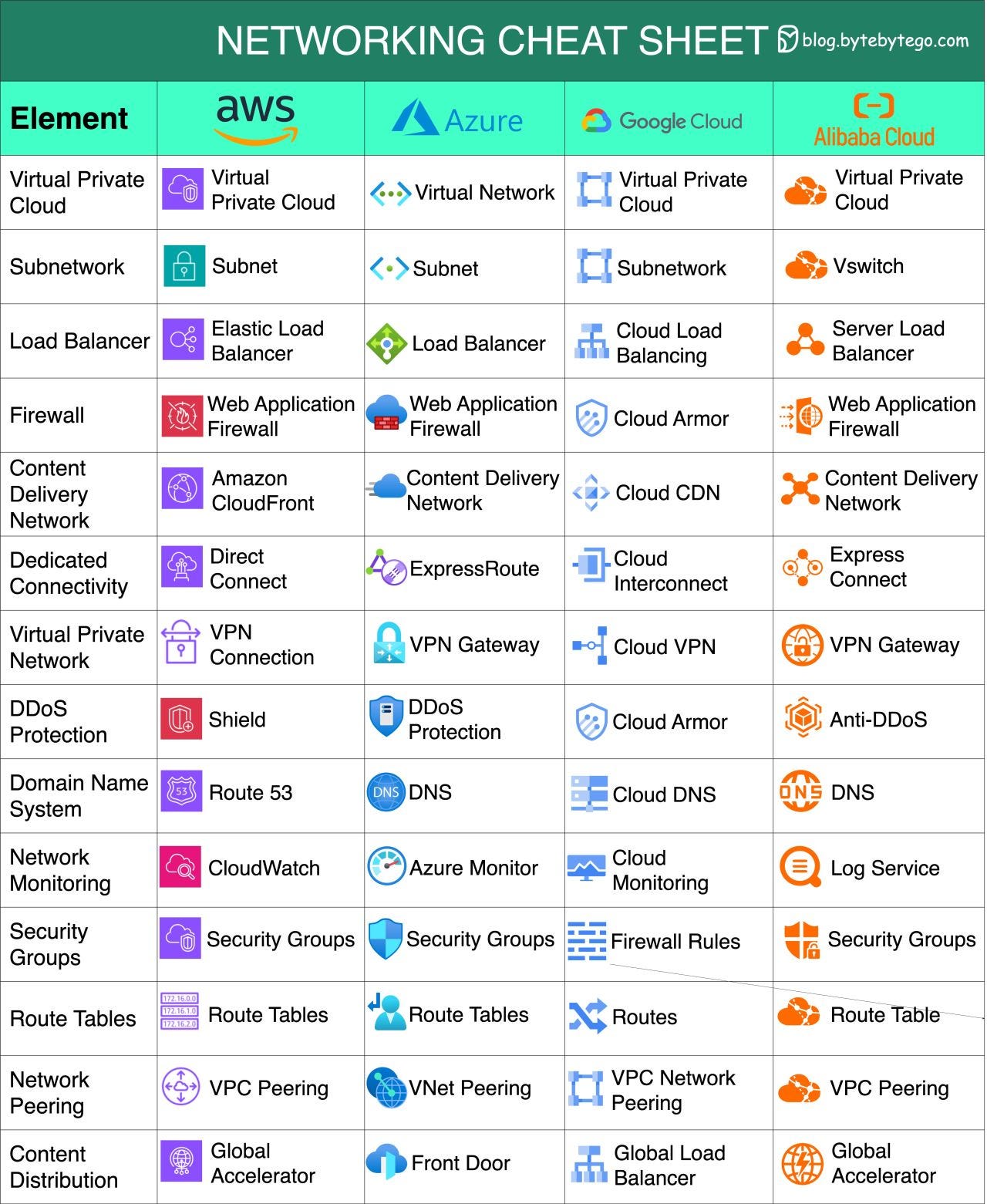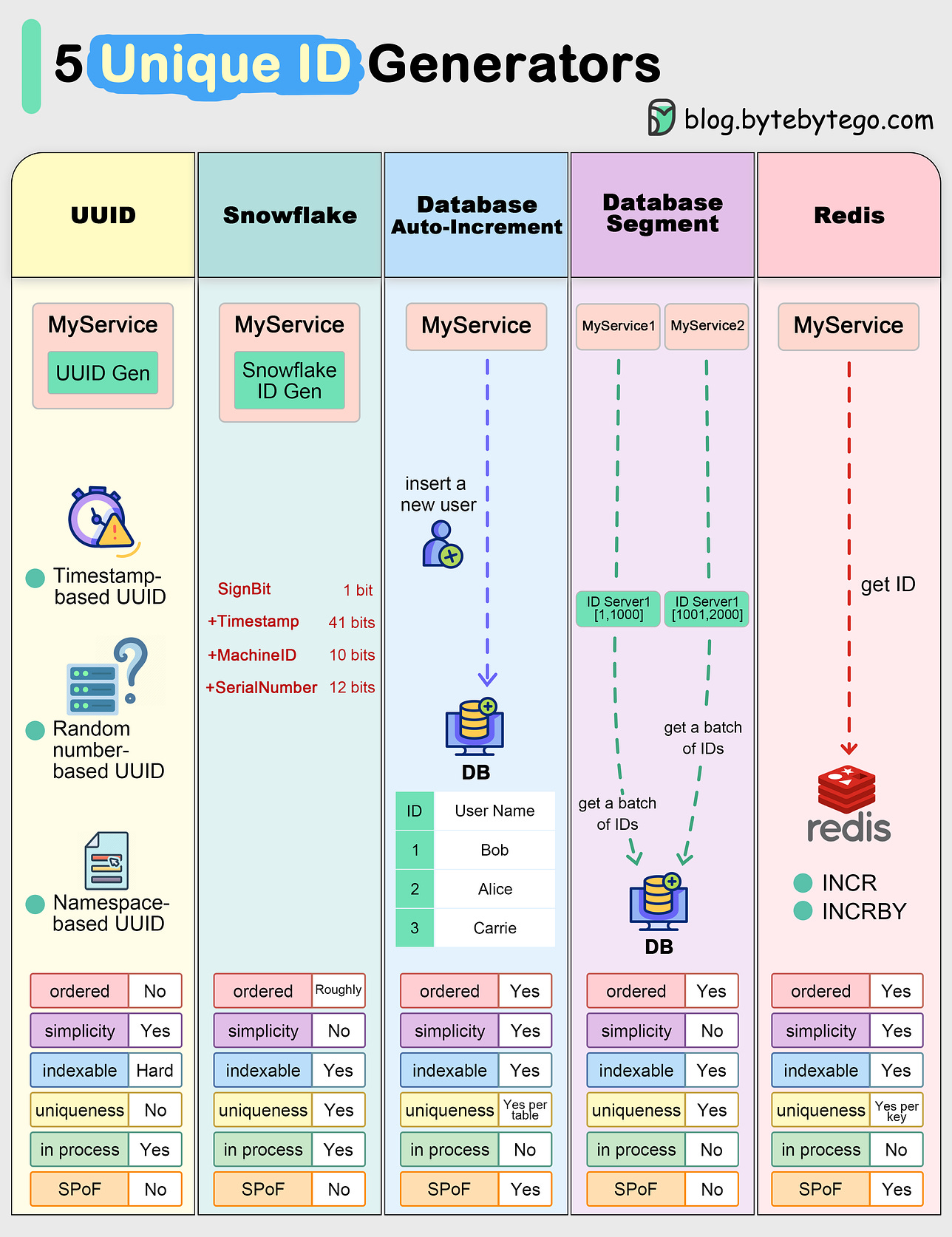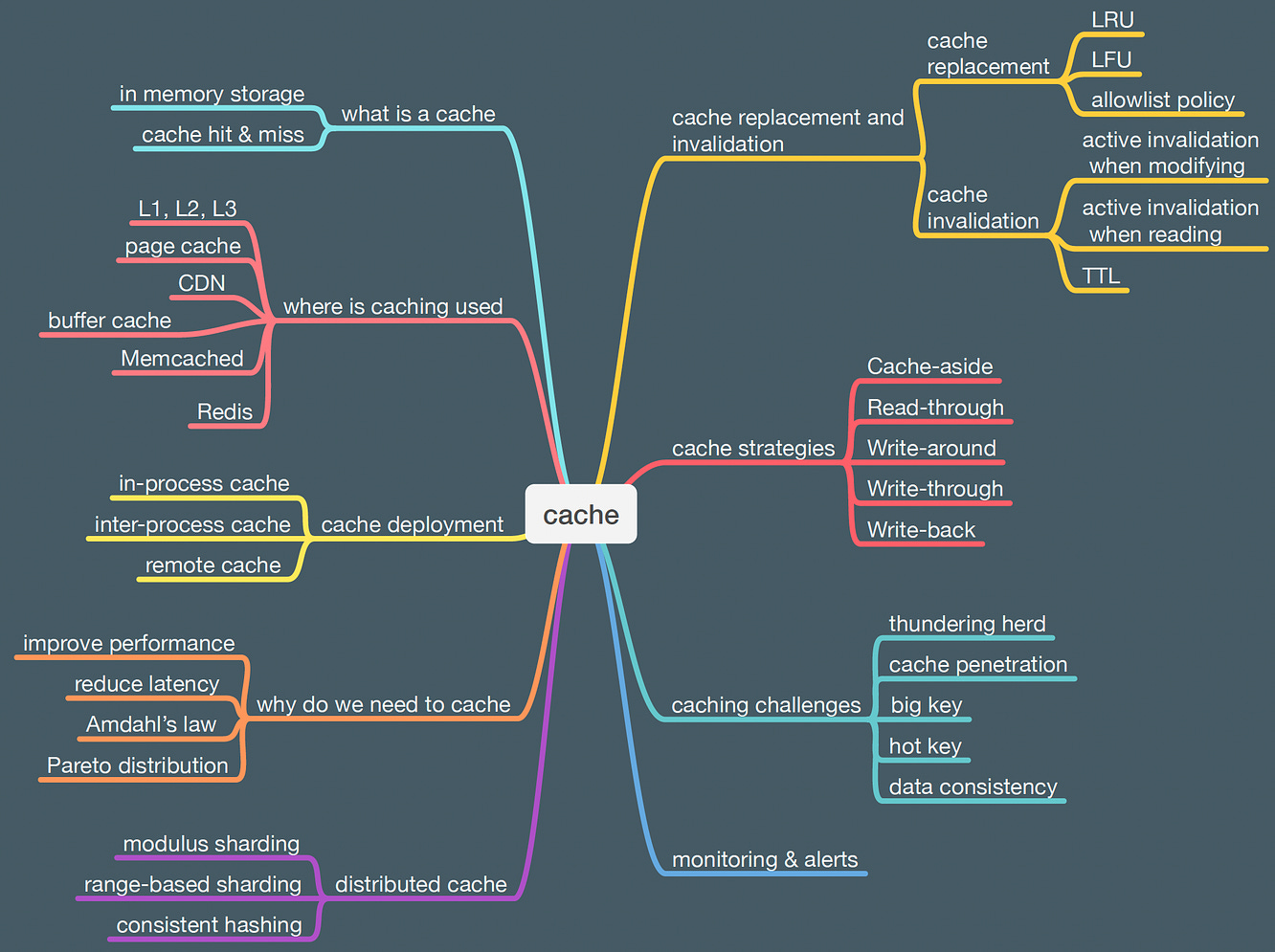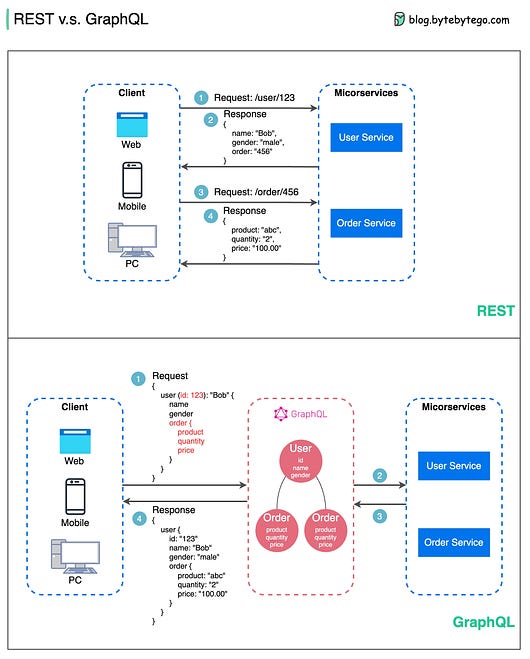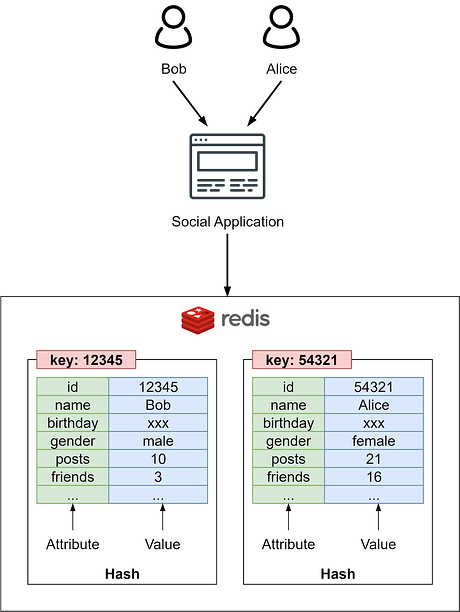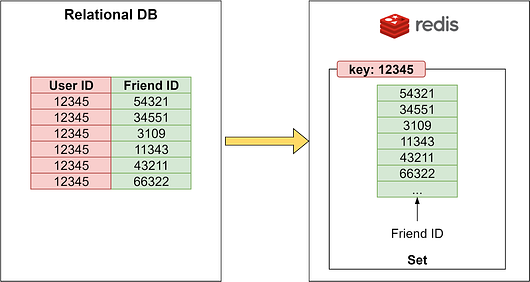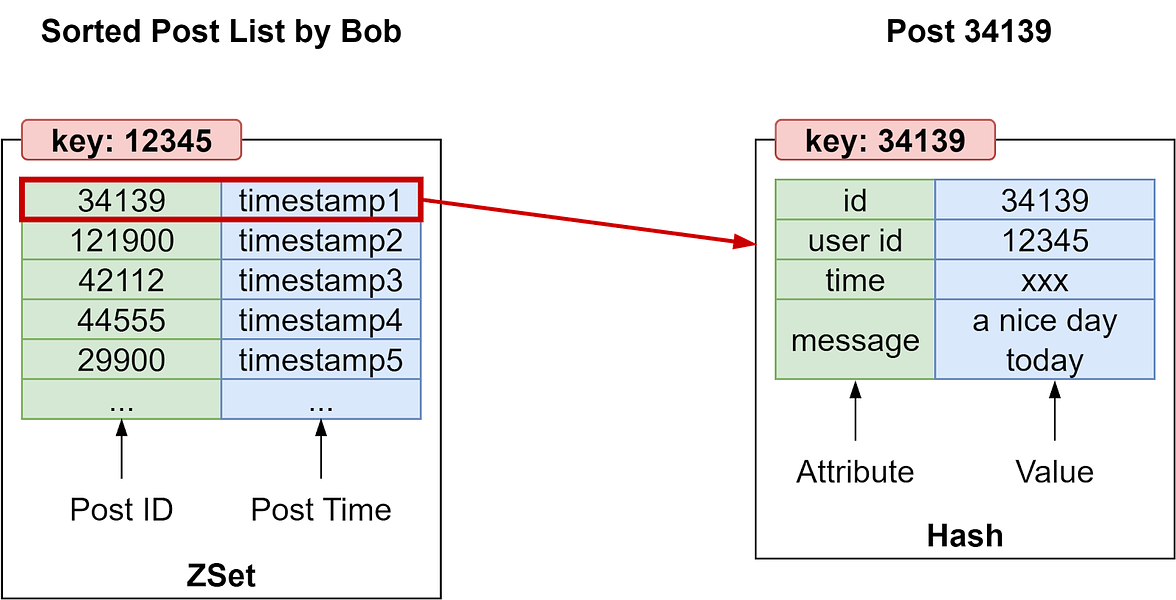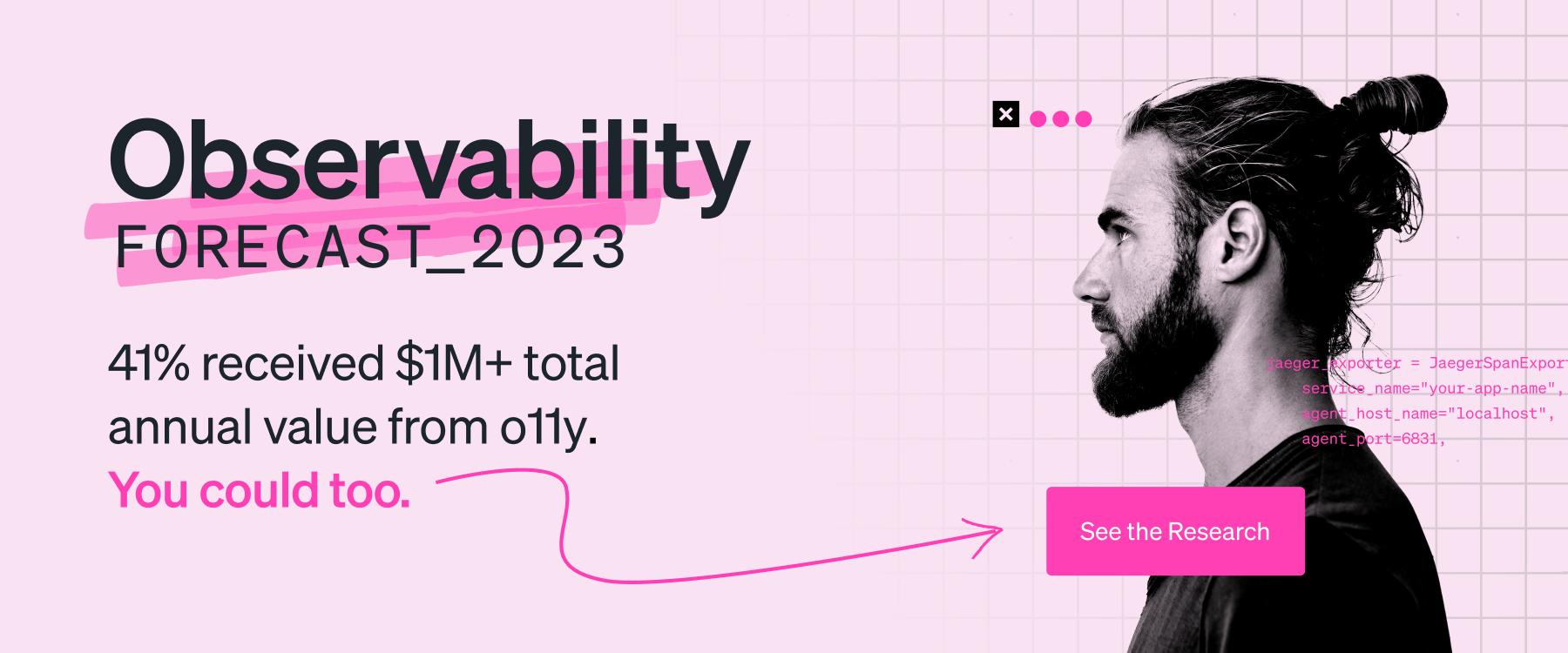Archives
- By thread 5362
-
By date
- June 2021 10
- July 2021 6
- August 2021 20
- September 2021 21
- October 2021 48
- November 2021 40
- December 2021 23
- January 2022 46
- February 2022 80
- March 2022 109
- April 2022 100
- May 2022 97
- June 2022 105
- July 2022 82
- August 2022 95
- September 2022 103
- October 2022 117
- November 2022 115
- December 2022 102
- January 2023 88
- February 2023 90
- March 2023 116
- April 2023 97
- May 2023 159
- June 2023 145
- July 2023 120
- August 2023 90
- September 2023 102
- October 2023 106
- November 2023 100
- December 2023 74
- January 2024 75
- February 2024 75
- March 2024 78
- April 2024 74
- May 2024 108
- June 2024 98
- July 2024 116
- August 2024 134
- September 2024 130
- October 2024 141
- November 2024 171
- December 2024 115
- January 2025 216
- February 2025 140
- March 2025 220
- April 2025 233
- May 2025 239
- June 2025 303
- July 2025 175
-
ล็อคอิน mySchneider Program วันนี้ รับเลย 1,000 พอยท์!!
Schneider Electric
ล็อคอิน mySchneider วันนี้รับพ้อยเลย!!ล็อคอิน mySchneider Program วันนี้ รับเลย 1,000 พอยท์!!ข่าวด่วน !!! สำหรับสมาชิก mySchneider Program ทุกท่าน ! วันนี้ชไนเดอร์ใจดี อยากแจก
เพียงแค่ทำตามขั้นตอน ดังนี้
ขั้นตอนที่1 ล็อคอินเข้าระบบ ด้วย username และ password ของท่าน
ขั้นตอนที่2 คลิกแถบด้านบน ที่เขียนว่า "โปรแกรม" หรือ "Program"
ขั้นตอนสุดท้าย กด "enroll" หรือลงทะเบียน ในกล่อง ที่เขียนว่า IT Solution Provider
เพียงเท่านี้ก็รอรับ แต้ม จาก myReward 1,000 แต้ม เพื่อนำไปแลกของสัมนาคุณสุดฮิปได้เลยทันที !!!+ Lifecycle Services From energy and sustainability consulting to optimizing the life cycle of your assets, we have services to meet your business needs. Schneider Electric
46 Rungrojthanakul Building. 1st, 10th, 11th Floor, Ratchadapisek Road. Huaykwang
Bangkok - 10310, Thailand
Phone +662 617 5555© 2023 Schneider Electric. All Rights Reserved. Schneider Electric is a trademark and the property of Schneider Electric SE, its subsidiaries and affiliated companies. All other trademarks are the property of their respective owners.
by "Schneider Electric" <reply@se.com> - 11:01 - 24 Oct 2023 -
How will generative AI affect your workforce?
Five Fifty
Get your briefing Historically, automation has affected workers with lower education and skill levels. Generative AI is flipping the script: more-educated workers will likely experience the greatest degree of impact, say McKinsey’s Michael Chui and coauthors.
Share these insights
Did you enjoy this newsletter? Forward it to colleagues and friends so they can subscribe too. Was this issue forwarded to you? Sign up for it and sample our 40+ other free email subscriptions here.
This email contains information about McKinsey’s research, insights, services, or events. By opening our emails or clicking on links, you agree to our use of cookies and web tracking technology. For more information on how we use and protect your information, please review our privacy policy.
You received this email because you subscribed to our McKinsey Quarterly Five Fifty alert list.
Copyright © 2023 | McKinsey & Company, 3 World Trade Center, 175 Greenwich Street, New York, NY 10007
by "McKinsey Quarterly Five Fifty" <publishing@email.mckinsey.com> - 04:03 - 24 Oct 2023 -
Join me on Thursday to learn how to maximise observability with New Relic Logs
Hi MD,
Liam, Manager of Customer Training at New Relic University, here.
Are you getting the most from your log data when it comes to troubleshooting and observability? Are they easy-to-use or access when you need them?
If you'd like to improve how you use and work with your logs, you can register to attend the free online workshop I'll be hosting on Thursday 26th October at 10am BST/ 11am CEST- Maximising Observability with New Relic Logs. This 90-minute workshop will walk you through the different ways to bring log data to New Relic, the fast and easy to use UI, as well as parsing, filtering, or dropping logs to match your needs. With hands-on labs in a sandbox environment, you’ll get to search log data with ease and speed, work with partitions and AI log patterns, troubleshoot errors in applications and trace data, create charts and dashboards to share with teams, and set up alert conditions for problems you want to prevent.
You can find the full agenda on the registration page here. While we recommend attending the hands-on workshop live, you can also register to receive the recording.
I hope to see you then,
Liam Hurrell,Manager, Customer Training
This email was sent to info@learn.odoo.com as a result of subscribing or providing consent to receive marketing communications from New Relic. You can tailor your email preferences at any time here.Privacy Policy © 2008-23 New Relic, Inc. All rights reserved
by "Liam Hurrell, New Relic" <emeamarketing@newrelic.com> - 05:36 - 24 Oct 2023 -
How companies are reimagining travel in the age of AI
On Point
A new era of travel
by "McKinsey On Point" <publishing@email.mckinsey.com> - 02:28 - 24 Oct 2023 -
The future of real estate in a hybrid world
Rethink the office New from McKinsey Global Institute

The future of real estate in a hybrid world
Rethink the office Prefer audio? Listen to the podcast, and explore past episodes of The McKinsey Podcast. Subscribe via Google Podcasts, iTunes, or Spotify.

Empty spaces and hybrid places: The pandemic’s lasting impact on real estate

This email contains information about McKinsey's research, insights, services, or events. By opening our emails or clicking on links, you agree to our use of cookies and web tracking technology. For more information on how we use and protect your information, please review our privacy policy.
You received this email because you subscribed to our McKinsey Global Institute alert list.
Copyright © 2023 | McKinsey & Company, 3 World Trade Center, 175 Greenwich Street, New York, NY 10007
by "McKinsey & Company" <publishing@email.mckinsey.com> - 12:57 - 24 Oct 2023 -
Track and Manage Waste Collecting Fleets with Advanced Waste Management Software - SmartWaste.
Track and Manage Waste Collecting Fleets with Advanced Waste Management Software - SmartWaste.
Grow sustainable waste collection businesses with SmartWaste Software.Plan optimum waste collection and disposal routes to maximize productivity.
Benefits
Grow sustainable waste collection businesses with SmartWaste Software.

Uffizio Technologies Pvt. Ltd., 4th Floor, Metropolis, Opp. S.T Workshop, Valsad, Gujarat, 396001, India
by "Sunny Thakur" <sunny.thakur@uffizio.com> - 08:00 - 23 Oct 2023 -
What’s going on that’s not generative AI? A leader’s guide to top trends
Trending now Brought to you by Liz Hilton Segel, chief client officer and managing partner, global industry practices, & Homayoun Hatami, managing partner, global client capabilities
Business leaders are generally optimistic about global economic conditions over the next six months, according to the latest McKinsey Global Survey on the economy. Sentiments vary by region, however: respondents in North America and India have a brighter outlook than those in Europe, where the effects of inflation raise concerns. For the sixth quarter in a row, geopolitical instability and political conflicts remain the most-cited risks to global growth, but private sector companies still believe their organizations will do well—two-thirds expect their profits to increase over the next six months, and most respondents expect customer demand to grow. Many companies plan to redesign the office space that they own or lease and to implement remote-work policies over the next few years, regardless of whether they expect their office space to shrink or expand.
That’s McKinsey’s Michael Chui, Mena Issler, Roger Roberts, and Lareina Yee in their report on the technology trends that matter most for companies in 2023. While generative AI may be the most hyped trend, “it stands as just one of many advances on the horizon that could drive sustainable, inclusive growth,” note the authors. For example, technologies such as cloud, edge, and quantum computing show great promise for value creation: edge will likely post double-digit growth in the next five years. According to the McKinsey authors, “Companies seeking longer-term growth should focus on a portfolio-oriented investment across the tech trends most important to their business.”
The growing middle-class segments of the population will likely have a major influence on business and society, says Brookings Institution economist Homi Kharas in an episode of McKinsey’s Forward Thinking podcast. “They shape our world, clearly, by politics,” he says. “But not just by politics. They’re shaping our world by their influence on the business sector. The middle class, increasingly, for example, is looking to push corporates to be more sustainable.” With their expansion fueled by technology, democratization, and globalization, the middle classes now total about four billion people—roughly half of the world’s population. The influence of these groups extends to “all parts of our lives,” says Kharas. “Every time you hear of something going viral, for example, what it really means is that the middle class has seized on this as an issue and is trying to elevate it.”
In the sci-fi TV series For All Mankind, which presents an alternative history of the 1960s space race, the superpowers set up bases on the moon and routinely fly lunar missions. That scenario may not be as far-fetched as it seems. Set to surge 41 percent over the next five years, the $469 billion space economy—broadly defined as activities in orbit or on other planets that benefit humans—is already transforming life on Earth, reports McKinsey senior partner Ryan Brukardt. For example, satellite technology powers our communications and helps monitor climate change, agriculture, and national security. But the biggest boost for organizations could come from functions that take place entirely in space, such as in-orbit R&D and manufacturing. Such breakthroughs may fuel the next industrial revolution—and help your business lift off.
Lead by spotting trends.
— Edited by Rama Ramaswami, senior editor, New York
Share these insights
Did you enjoy this newsletter? Forward it to colleagues and friends so they can subscribe too. Was this issue forwarded to you? Sign up for it and sample our 40+ other free email subscriptions here.
This email contains information about McKinsey’s research, insights, services, or events. By opening our emails or clicking on links, you agree to our use of cookies and web tracking technology. For more information on how we use and protect your information, please review our privacy policy.
You received this email because you subscribed to the Leading Off newsletter.
Copyright © 2023 | McKinsey & Company, 3 World Trade Center, 175 Greenwich Street, New York, NY 10007
by "McKinsey Leading Off" <publishing@email.mckinsey.com> - 02:05 - 23 Oct 2023 -
Change is hard. But it can also give companies a competitive edge.
On Point
Managing change in an ever-changing world Brought to you by Liz Hilton Segel, chief client officer and managing partner, global industry practices, & Homayoun Hatami, managing partner, global client capabilities
•
The power of storytelling. As the world around them transforms continuously, organizations and their leaders have no choice but to transform in turn. Of course, large-scale organizational change can be destabilizing and anxiety-inducing for many employees. But storytelling is a powerful tool for building trust, even in uncertain times. Stories can make abstract concepts—such as the reasons for a company’s transformation and what that change might mean for people’s day-to-day work—feel personal and emotionally resonant. Stories about the changes under way can also influence people’s behaviors and actions so that they match the organization’s vision. [Quartz]
•
The will to succeed. After years of McKinsey research on transformations, some persistent truths remain: a comprehensive approach to change is best, and the value at stake is incredibly high—and easy to lose. What partner Rajesh Krishnan and coauthors tested this year is how, and by how much, four broad elements (will, skill, rigor, and scope) can affect a transformation’s outcomes: not only whether the effort achieved and sustained performance improvements, but also whether it enabled the company to outperform its competition.
— Edited by Daniella Seiler, executive editor, Washington, DC
Introducing Insights to Impact
Be among the first to subscribe to this free newsletter delivering a weekly roundup of analysis that’s influencing decision makers. Each Friday, we’ll offer insights across geographies, industries, and capabilities to help leaders identify new opportunities to spur innovation and growth, sustainably.
Click to subscribeThis email contains information about McKinsey's research, insights, services, or events. By opening our emails or clicking on links, you agree to our use of cookies and web tracking technology. For more information on how we use and protect your information, please review our privacy policy.
You received this email because you subscribed to the On Point newsletter.
Copyright © 2023 | McKinsey & Company, 3 World Trade Center, 175 Greenwich Street, New York, NY 10007
by "McKinsey On Point" <publishing@email.mckinsey.com> - 01:23 - 23 Oct 2023 -
Meet the partners behind our most popular recent insights
Get to know them Brought to you by Liz Hilton Segel, chief client officer and managing partner, global industry practices, & Homayoun Hatami, managing partner, global client capabilities
New from McKinsey & Company
Our most popular insights over the past month touch on how organizations and individuals can overcome current challenges and prepare for the months and years ahead. Meet the McKinsey leaders behind these insights, which address employee disengagement and attrition, the effects of generative AI, how individuals can contribute to higher living standards and a greener world, effectively communicating the value of companies’ sustainability initiatives, and more.
To see more essential reading on topics that matter, visit McKinsey Themes.
— Edited by Joyce Yoo, editor, New York
And for insights on issues that matter most to the CEO and their colleagues in the C-suite, sign up for The CEO Shortlist, formerly The Shortlist. We’ve changed the focus (and name) of this newsletter to signal our commitment to helping CEOs, present and future, do the best job they can. Rest assured it will continue to deliver, twice monthly, a shortlist of articles and reports that are must-reads regardless of role—from C-level execs to the frontline.
This email contains information about McKinsey's research, insights, services, or events. By opening our emails or clicking on links, you agree to our use of cookies and web tracking technology. For more information on how we use and protect your information, please review our privacy policy.
You received this email because you subscribed to our McKinsey Global Institute alert list.
Copyright © 2023 | McKinsey & Company, 3 World Trade Center, 175 Greenwich Street, New York, NY 10007
by "McKinsey & Company" <publishing@email.mckinsey.com> - 06:39 - 22 Oct 2023 -
The week in charts
The Week in Charts
Sustainability commitments, the world’s trade hub, and more Share these insights
Did you enjoy this newsletter? Forward it to colleagues and friends so they can subscribe too. Was this issue forwarded to you? Sign up for it and sample our 40+ other free email subscriptions here.
This email contains information about McKinsey's research, insights, services, or events. By opening our emails or clicking on links, you agree to our use of cookies and web tracking technology. For more information on how we use and protect your information, please review our privacy policy.
You received this email because you subscribed to The Week in Charts newsletter.
Copyright © 2023 | McKinsey & Company, 3 World Trade Center, 175 Greenwich Street, New York, NY 10007
by "McKinsey Week in Charts" <publishing@email.mckinsey.com> - 03:32 - 21 Oct 2023 -
EP82: Open-sourcing Over 100 Byte-sized System Design Concepts
EP82: Open-sourcing Over 100 Byte-sized System Design Concepts
This week’s system design refresher: Open-sourcing over 100 byte-sized system design concepts with high-resolution diagrams Best ways to test system functionality Cloud Network Components Cheat Sheet Explaining 5 unique ID generators in distributed systems Forwarded this email? Subscribe here for moreThis week’s system design refresher:
Open-sourcing over 100 byte-sized system design concepts with high-resolution diagrams
Best ways to test system functionality
Cloud Network Components Cheat Sheet
Explaining 5 unique ID generators in distributed systems
Organize your API work and collaborate more (Sponsored)
Postman workspaces give teams shared access to the tools they need to solve problems together. They are the go-to place for development teams to collaborate and move quickly while staying on the same page.
With workspaces, teams can:
Automatically notify other team members about changes to APIs as updates sync in real time.
Set up manual or automated workflows to support different stages of API development.
Enable faster onboarding for both internal and external partner developers
Create collaborative hubs for troubleshooting API calls and maintaining a log of common steps to follow.
Open-sourcing over 100 byte-sized system design concepts with high-resolution diagrams
Start exploring the repository here: https://bit.ly/bytebytegoGitRepo
Best ways to test system functionality
Testing system functionality is a crucial step in software development and engineering processes.
It ensures that a system or software application performs as expected, meets user requirements, and operates reliably.
Here we delve into the best ways:Unit Testing: Ensures individual code components work correctly in isolation.
Integration Testing: Verifies that different system parts function seamlessly together.
System Testing: Assesses the entire system's compliance with user requirements and performance.
Load Testing: Tests a system's ability to handle high workloads and identifies performance issues.
Error Testing: Evaluate how the software handles invalid inputs and error conditions.
Test Automation: Automates test case execution for efficiency, repeatability, and error reduction.
Over to you: How do you approach testing system functionality in your software development or engineering projects?
Latest articles
If you’re not a subscriber, here’s what you missed this month.
The 6 Most Impactful Ways Redis is Used in Production Systems
The Tech Promotion Algorithm: A Structured Guide to Moving Up
To receive all the full articles and support ByteByteGo, consider subscribing:
Cloud Network Components Cheat Sheet
Network components form the backbone of cloud infrastructure, enabling connectivity, scalability, and functionality in cloud services.
These components include routers, load balancers, and firewalls, which ensure data flows efficiently and securely between servers and clients.
Additionally, Content Delivery Networks (CDNs) optimize content delivery by caching data at edge locations, reducing latency and improving user experience.
In essence, these network elements work together to create a robust and responsive cloud ecosystem that underpins modern digital services and applications.
This cheat sheet offers a concise yet comprehensive comparison of key network elements across the four major cloud providers.
Over to you: How did you tackle the complexity of configuring and managing these network components?Explaining 5 unique ID generators in distributed systems
The diagram below shows how they work. Each generator has its pros and cons.
UUID
A UUID has 128 bits. It is simple to generate and no need to call another service. However, it is not sequential and inefficient for database indexing. Additionally, UUID doesn’t guarantee global uniqueness. We need to be careful with ID conflicts (although the chances are slim.)Snowflake
Snowflake’s ID generation process has multiple components: timestamp, machine ID, and serial number. The first bit is unused to ensure positive IDs. This generator doesn’t need to talk to an ID generator via the network, so is fast and scalable.
Snowflake implementations vary. For example, data center ID can be added to the “MachineID” component to guarantee global uniqueness.DB auto-increment
Most database products offer auto-increment identity columns. Since this is supported in the database, we can leverage its transaction management to handle concurrent visits to the ID generator. This guarantees uniqueness in one table. However, this involves network communications and may expose sensitive business data to the outside. For example, if we use this as a user ID, our business competitors will have a rough idea of the total number of users registered on our website.DB segment
An alternative approach is to retrieve IDs from the database in batches and cache them in the ID servers, each ID server handling a segment of IDs. This greatly saves the I/O pressure on the database.Redis
We can also use Redis key-value pair to generate unique IDs. Redis stores data in memory, so this approach offers better performance than the database.
Over to you - What ID generator have you used?
Latest articles
Here are the latest articles you may have missed:
To receive all the full articles and support ByteByteGo, consider subscribing:
Like
Comment
Restack
© 2023 ByteByteGo
548 Market Street PMB 72296, San Francisco, CA 94104
Unsubscribe
by "ByteByteGo" <bytebytego@substack.com> - 11:39 - 21 Oct 2023 -
Overcoming bias in machine learning
Is your bot biased? Brought to you by Liz Hilton Segel, chief client officer and managing partner, global industry practices, & Homayoun Hatami, managing partner, global client capabilities

Overcoming bias in machine learning
Poor workers always blame their tools, the saying goes. The lesson, of course, is a simple one: the more knowledgeable the worker, the more effective the tool. That’s as true for, say, a factory lathe machine as it is for the complex algorithms that underpin the machine learning and AI technologies that companies increasingly use. Machine learning holds immense promise for businesses that can effectively harness the powerful technology, but much like today’s advanced-analytics and generative AI technology, it’s only as good as the data it’s working from—and, perhaps even more important, the people inputting the data.
One of the risks of machine learning is that the algorithms that support it can easily inherit the behavioral biases of their human creator, derailing projects and creating costly errors in the process. Organizations can take measures to protect against algorithmic bias, including understanding the shortcomings of the algorithms they’re working with, shaping data samples in such a way that minimizes bias, and knowing when not to use the technology if a more traditional decision-making process is appropriate.
Companies are only just beginning to experiment with the powerful new generative AI and machine learning technologies available. To help ensure that both worker and tool are functioning optimally, business leaders would do well to heed the lessons from this 2017 classic from McKinsey partner Vishnu Kamalnath, “Controlling machine-learning algorithms and their biases.”Address the limitations of machine learning 


Share these insights
Did you enjoy this newsletter? Forward it to colleagues and friends so they can subscribe too. Was this issue forwarded to you? Sign up for it and sample our 40+ other free email subscriptions here.
This email contains information about McKinsey's research, insights, services, or events. By opening our emails or clicking on links, you agree to our use of cookies and web tracking technology. For more information on how we use and protect your information, please review our privacy policy.
You received this email because you subscribed to our McKinsey Classics newsletter.
Copyright © 2023 | McKinsey & Company, 3 World Trade Center, 175 Greenwich Street, New York, NY 10007
by "McKinsey Classics" <publishing@email.mckinsey.com> - 11:09 - 21 Oct 2023 -
API-Topia awaits ✨: Your handbook for platform engineering success
API-Topia awaits ✨: Your handbook for platform engineering success
Equip yourself with the knowledge and strategies needed to master platform engineering and API architecture.The road to API-Topia: A platform engineer’s handbook
We're thrilled to present our latest expert guide, The road to API-Topia: A platform engineer’s essential handbook, created in collaboration with industry expert James Higginbotham.
If you're ready to:
- Enhance your team's productivity.
- Streamline development processes.
- Master the art of efficient platform engineering...
This is the ultimate back-pocket resource you need to thrive in a new era of software development. Your journey towards success begins now!
See you there!
TykTyk, 87a Worship Street, London, City of London EC2A 2BE, United Kingdom, +44 (0)20 3409 1911
by "Tyk" <communities@tyk.io> - 09:51 - 20 Oct 2023 -
RE: REQUEST FOR QUOTATION
Good day,Kindly Quote your best price for the attached requisition,Looking forward to your valuable reply & prompt responseTKS N B.RGDS=======================MASTER OF MV EASTERN DREAMKIM YOUNG BIN(+82-10-6325-0680)=======================
by "duwonferry.com" <edcapt@duwonferry.com> - 07:46 - 20 Oct 2023 -
COP 28 is coming: What you need to know
The Shortlist
Four new insights Curated by Liz Hilton Segel, chief client officer and managing partner, global industry practices, & Homayoun Hatami, managing partner, global client capabilities
It’s that time of year again. As the weather cools in the Northern Hemisphere, our minds turn once again to COP, or Conference of the Parties, the annual climate conference where UN member states discuss progress toward net zero. We understand the challenges of meeting climate pledges, and we’re committed to helping CEOs, both present and future, do the best they can—for their organizations and for the environment. In this edition, we look at some of our best ideas on the energy transition: avoiding disorder, finding out if customers are willing to pay, and more. We hope you enjoy the read.
—Liz and Homayoun
“Go west, young man, and grow up with the country.” That was 19th-century advice to young Americans seeking opportunity. Let’s update it for the 21st century: go west, young people, and lead Western companies and economies to a sustainable future. The West is a chief source of emissions—and opportunities. Two McKinsey reports from 2023 explain the details.
Toward a more orderly US energy transition: Six key action areas, by Gracie Brown, Blake Houghton, Jesse Noffsinger, Hamid Samandari, and Humayun Tai.
Five key action areas to put Europe’s energy transition on a more orderly path, by Tommaso Cavina, Lorenzo Moavera Milanesi, Hamid Samandari, Humayun Tai, and Raffael Winter.Of course I’m into sustainability. Why, what have you heard? Millions on social media and in casual conversation are quick to hype their green cred. But away from the scrutiny of their peers, will they actually pay more for a product that claims to be sustainable? According to an extensive new study by McKinsey and NielsenIQ, the short answer is yes—and that means a major growth opportunity for consumer-packaged-goods companies that understand the nuanced influence of environmental claims on customer purchase decisions.
For specific insights on how companies can advance environmental, social, and governance (ESG) commitments while pursuing differentiated growth, read Consumers care about sustainability—and back it up with their wallets, by Jordan Bar Am, Vinit Doshi, Anandi Malik, Steve Noble, and Sherry Frey.Some trees might actually grow to the sky, or thereabouts. Investments in climate technology are still on the rise, defying the headwinds that have affected most capital markets. New regulations such as the US Inflation Regulation Act and EU Green Deal are helping. We estimate the total opportunity at $9 trillion to $12 trillion annually by 2030.
Get in on—or close to—the ground floor with Climate investing: Continuing breakout growth through uncertain times, by Fredrik Dahlqvist, Sean Kane, Lisa Leinert, Maximilian Moosburger, and Anders Rasmussen.Growing the top line is good. Growing the bottom line is better. And best of all is growth that accrues to the benefit of all stakeholders. Our new research finds that companies that are “triple outperformers”—meaning they grow faster and are more profitable than peers while also improving sustainability and ESG efforts—exceed their peers in shareholder returns.
Hit the trifecta with The triple play: Growth, profit, and sustainability, by Rebecca Doherty, Claudia Kampel, Anna Koivuniemi, Lucy Pérez, and Werner Rehm.
We hope you find our sustainability content inspiring and helpful. See you in two weeks with four more McKinsey ideas for the CEO and others in the C-suite.Share these insights
This email contains information about McKinsey’s research, insights, services, or events. By opening our emails or clicking on links, you agree to our use of cookies and web tracking technology. For more information on how we use and protect your information, please review our privacy policy.
You received this email because you subscribed to The CEO Shortlist newsletter.
Copyright © 2023 | McKinsey & Company, 3 World Trade Center, 175 Greenwich Street, New York, NY 10007
by "McKinsey CEO Shortlist" <publishing@email.mckinsey.com> - 03:38 - 20 Oct 2023 -
The future of manufacturing in Africa
On Point
Why manufacturing matters in growing economies Brought to you by Liz Hilton Segel, chief client officer and managing partner, global industry practices, & Homayoun Hatami, managing partner, global client capabilities
•
West African chocolate factory. Seventy percent of cocoa beans come from Africa, but only 1% of the world’s chocolate is produced there. The “fairchain movement” calls for keeping the profitable areas of business, such as manufacturing, within the countries that supply needed raw materials. By building its chocolate factory in Ghana, one company aims to increase the share of wealth that stays in Africa. Since cocoa farming pays the least among all aspects of chocolate production, farmers typically take in roughly 5% of a chocolate bar’s final price. [NYT]
•
Population surge. Africa’s population is set to double by 2050, and 40% of the total population will be younger than 15. Along the way, the African economy will need to add lots of jobs. A competitive manufacturing sector could play a pivotal role in helping the continent reach its full potential in the global economy. As a bedrock of a growing economy, manufacturing boosts productivity, spurs economic growth, and generates jobs, McKinsey partner David Meredith shares on a recent episode of McKinsey Talks Operations.
— Edited by Belinda Yu, editor, Atlanta
This email contains information about McKinsey's research, insights, services, or events. By opening our emails or clicking on links, you agree to our use of cookies and web tracking technology. For more information on how we use and protect your information, please review our privacy policy.
You received this email because you subscribed to the On Point newsletter.
Copyright © 2023 | McKinsey & Company, 3 World Trade Center, 175 Greenwich Street, New York, NY 10007
by "McKinsey On Point" <publishing@email.mckinsey.com> - 01:11 - 20 Oct 2023 -
The complication of concentration in global trade
Enter our digital experience New from McKinsey Global Institute

Global trade explorer
Enter our digital experience 

by "McKinsey & Company" <publishing@email.mckinsey.com> - 04:36 - 19 Oct 2023 -
Redis Can Do More Than Caching
Redis Can Do More Than Caching
In the last issue, we explored common use cases with Redis. In this issue, we will go deeper and demonstrate how Redis’ versatile data structures can power more complex applications like social networks, location-based services, and more. We will walk through practical examples of building key features like user profiles, relationship graphs, home timelines, and nearby searches using Redis’ native data types - Hashes, Sets, Sorted Sets, Streams, and Bitmaps. Forwarded this email? Subscribe here for moreThis is a sneak peek of today’s paid newsletter for our premium subscribers. Get access to this issue and all future issues - by subscribing today.
Latest articles
If you’re not a subscriber, here’s what you missed this month.
The 6 Most Impactful Ways Redis is Used in Production Systems
The Tech Promotion Algorithm: A Structured Guide to Moving Up
To receive all the full articles and support ByteByteGo, consider subscribing:
In the last issue, we explored common use cases with Redis. In this issue, we will go deeper and demonstrate how Redis’ versatile data structures can power more complex applications like social networks, location-based services, and more.
We will walk through practical examples of building key features like user profiles, relationship graphs, home timelines, and nearby searches using Redis’ native data types - Hashes, Sets, Sorted Sets, Streams, and Bitmaps.
Understanding these advanced use cases will provide you with a solid foundation to leverage Redis for your own systems and products. You will gain insight into how Redis enables real-time experiences beyond simple caching.
Social Media
Redis’ flexible data structures are well-suited for building social graph databases, which power the core functions of Twitter-like social media applications. Relational databases can struggle with the complex relationships and unstructured data of user-generated content.
Redis provides high performance reads and writes to support features expected of social apps, allowing a small team to launch and iterate quickly. While Redis may not scale to the volumes of major social networks, it can power the first versions of an app through significant user growth.
Redis enables implementing common social media features like:
User Profiles
User Relationships (friends, followers)
Posts
User Interactions (likes, dislikes, comments, etc)
Home Timeline
Let's explore how Redis supports these capabilities.
User Profiles
In social applications, a user profile stores identity attributes like name, location, interests, as well as preferences. We can represent each user profile as a Redis Hash, where the key is the user ID and the hash fields contain the profile properties.
For example, we can store user Bob’s profile in a hash like:
HMSET user:bob name Bob location "New York" interests "photography, hiking"Compared to a relational model, Redis Hash provides flexibility to easily add new profile properties later without modifying the database schema. We just need to define how to retrieve and when adding more attributes to the user profile, because we don’t need to go through database schema change.
In our application code, we would define how to retrieve and display the profile objects from these hashes. For example, we may only show name and location, or optionally include interests if present.
User Relationships
One of the major functions of a social application is establishing connections between users, like friend relationships or following others to receive their updates. Modeling these connections efficiently in a relational database can be challenging due to the complex graph-like structure of social networks.
Redis provides a more natural way to represent user relationships using its built-in Set data structure. The diagram below shows a comparison of modeling user relationships in a relational database versus using Redis Sets.
In the relational model, we use join tables to represent connections between users. Answering questions about relationships can involve complex SQL queries:
Retrieve all the people that Bob follows or all of Bob’s friends
Retrieve Alice’s friends of friends
For example, to retrieve all of Bob's friends, we would need to query the join table like:
SELECT friend_id FROM relationship_table WHERE user_id = 12345In Redis, we can store Bob's friend ids directly in a Set with his user id as the key. Retrieving Bob's friends is as simple as returning the members of the ZSet.
SMEMBERS {Bob's key}Checking if Alice is in Bob's extended network of friends is also easier with Redis Sets. We can take the intersection of their Sets:
SINTER {Bob's key} {Alice's key}By avoiding complex join queries, Redis Sets provide faster reads and writes for managing unordered social connections. The Set data structure maps naturally to representing simple relationships in a social graph.
Posts
In social apps, users create posts to share ideas, feelings, and status updates. Modeling this user-generated content can also be challenging in relational databases.
We can leverage Redis more efficiently here as well. For each user, we can store post_ids in a Sorted Set ordered by timestamp. The key can be the user id, and each new post_id is added as a member to the Set.
The post content itself is stored separately in Hashes, with the post_id as the hash key. Each Hash contains attributes like:
user_id
timestamp
message
etc
The diagram below shows how they work together. When a user creates a new post, we generate a new post_id, create a Hash to represent the post content, and add the post_id to the user's Sorted Set of posts.
This provides a natural way to model posting timelines - new post_ids are added to the tail of the Set, and we can page through posts ordered chronologically using ZRANGE on post_ids.
Keep reading with a 7-day free trial
Subscribe to
ByteByteGo Newsletterto keep reading this post and get 7 days of free access to the full post archives.A subscription gets you:
An extra deep dive on Thursdays Full archive Many expense it with team's learning budget Like
Comment
Restack
© 2023 ByteByteGo
548 Market Street PMB 72296, San Francisco, CA 94104
Unsubscribe
by "ByteByteGo" <bytebytego@substack.com> - 11:39 - 19 Oct 2023 -
1st Page on Google
Hi,
I found your detail on Google.com and I have looked at your website and realized your website is a great design but your website ranking is not good for all search engines Google, AOL, Yahoo, and Bing.
We can place your website on Google’s 1st Page. Yahoo, AOL, Bing. Etc.
I'd be happy to send some of our SEO samples & price list, if you'd like to assess our work.
May I send you a quote? If interested.
Kind Regards,Mike SmithBusiness Development Manager******************************************************************
by "Mike Smith" <seoranksolution7@outlook.com> - 06:42 - 19 Oct 2023 -
The data speaks—The 2023 Observability Forecast
New Relic
1,700 tech pros, 15 countries, one insightful read.
 Did you know that outages are happening less frequently YoY with observability? Or that organizations with full-stack observability experience a median outage cost 59% less than those without?
Did you know that outages are happening less frequently YoY with observability? Or that organizations with full-stack observability experience a median outage cost 59% less than those without?
Get the numbers behind the trends in the 2023 Observability Report.
Learn why:
- Observability deployment is skyrocketing, with a 58% YoY increase.
- Full-stack observability correlates to better outcomes.
- Tool fragmentation is decreasing, but the struggle for consolidation continues.
Read the Report Need help? Let's get in touch.



This email is sent from an account used for sending messages only. Please do not reply to this email to contact us—we will not get your response.
This email was sent to info@learn.odoo.com Update your email preferences.
For information about our privacy practices, see our Privacy Policy.
Need to contact New Relic? You can chat or call us at +44 20 3859 9190.
Strand Bridge House, 138-142 Strand, London WC2R 1HH
© 2023 New Relic, Inc. All rights reserved. New Relic logo are trademarks of New Relic, Inc
Global unsubscribe page.
by "New Relic" <emeamarketing@newrelic.com> - 06:12 - 19 Oct 2023

































